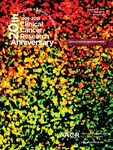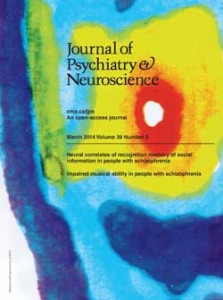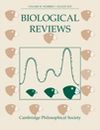A journal has issued a rather large correction — what we call “mega-correction” — to a 2014 paper on a gastric cancer biomarker that fixes problems with several of the study’s figures.
The authors write that despite the corrections, “the results and conclusions put forth in the article remain unchanged.”
The paper, “TMEFF2 Deregulation Contributes to Gastric Carcinogenesis and Indicates Poor Survival Outcome” explored the role of TMEFF2 in gastric cancer. The researchers found that the protein acts as a tumor suppressor, and low levels can indicate the presence of cancerous cells.
Here’s the full correction notice, published by Clinical Cancer Research in August:
Continue reading Mega-correction to several images in gastric cancer study




 An investigation at the University of Illinois at Chicago has found “a preponderance of evidence” that a psychiatrist who has received millions of dollars in federal funding has committed misconduct.
An investigation at the University of Illinois at Chicago has found “a preponderance of evidence” that a psychiatrist who has received millions of dollars in federal funding has committed misconduct.


 An open-access journal with a speedy peer review process has been having some issues with a retracted article on the biology of sex addiction.
An open-access journal with a speedy peer review process has been having some issues with a retracted article on the biology of sex addiction.